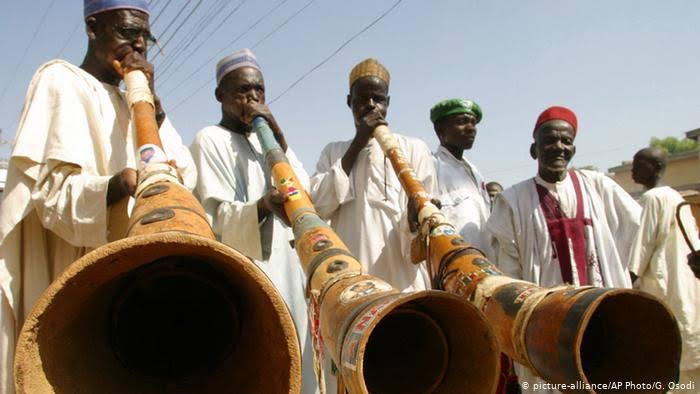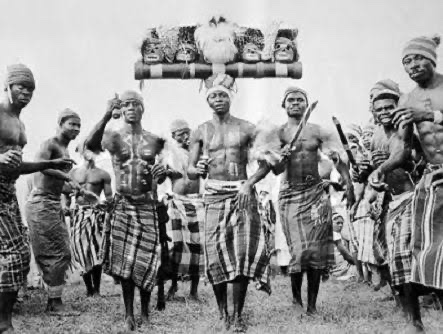
Abuja is located in the centre of Nigeria, within the Federal Capital Territory (FCT). a planned city, and was built mainly in the 1980s. It officially became Nigeria's capital on 12 December 1991, replacing Lagos, though the latter remains the country's most populous city
History
The land now called Abuja was originally the south-western part of the ancient Habe (Hausa) kingdom of Zazzau (Zaria). It was populated by several semi-independent tribes. The largest of the tribes was Gbagyi (Gwari), followed by the Koro and a few other smaller tribes.
The land now called Abuja was originally the south-western part of the ancient Habe (Hausa) kingdom of Zazzau (Zaria). It was populated by several semi-independent tribes. The largest of the tribes was Gbagyi (Gwari), followed by the Koro and a few other smaller tribes.
In early 1800s when Zaria fell to Fulani invaders, Muhammed Makau, fled south with some followers and his brothers- Abu Ja and Kwaka. Abu Ja succeeded Makau in 1825.
The full name of the king was Abubakar; Abu was his nickname. By some accounts his fair complexion earned him the nickname “Ja” which means “red” or “fair-skinned” in Hausa. He became known as “Abu-Ja” meaning Abu the red” or “Abubakar the fair one”
Abuja became a major commercial centre where goods were exchanged by long distance traders.
In 1902, Abuja was occupied by the British colonial army. The British re organised the kingdoms and called them “emirates” which means “kingdoms” in Arabic. Until 1975, it remained a quiet part of Nigeria
Abuja was selected as new capital. The criteria used for selection included: centrality, healthy, climate, land availability and use, water supply, multi-access possibilities, security , existence of resources, drainage, good soil, physical planning convenience and ethnic accord.
Another interesting historical fact is that in the Gbagyi (or Gwan) language, the word “Aso means “success” or “victory” According to tradition, the original inhabitants of the region lived at the base of the rock for centuries without being conquered.
In addition, the term “Aso Rock” is increasingly being used to refer not only to the physical structure of the most imposing rock in the area, but also as a symbol of government power and a nation.
Video:How Abuja was built!!
How am empty land was converted into the magnificent city we know today 🇳🇬
How am empty land was converted into the magnificent city we know today 🇳🇬
• • •
Missing some Tweet in this thread? You can try to
force a refresh

























